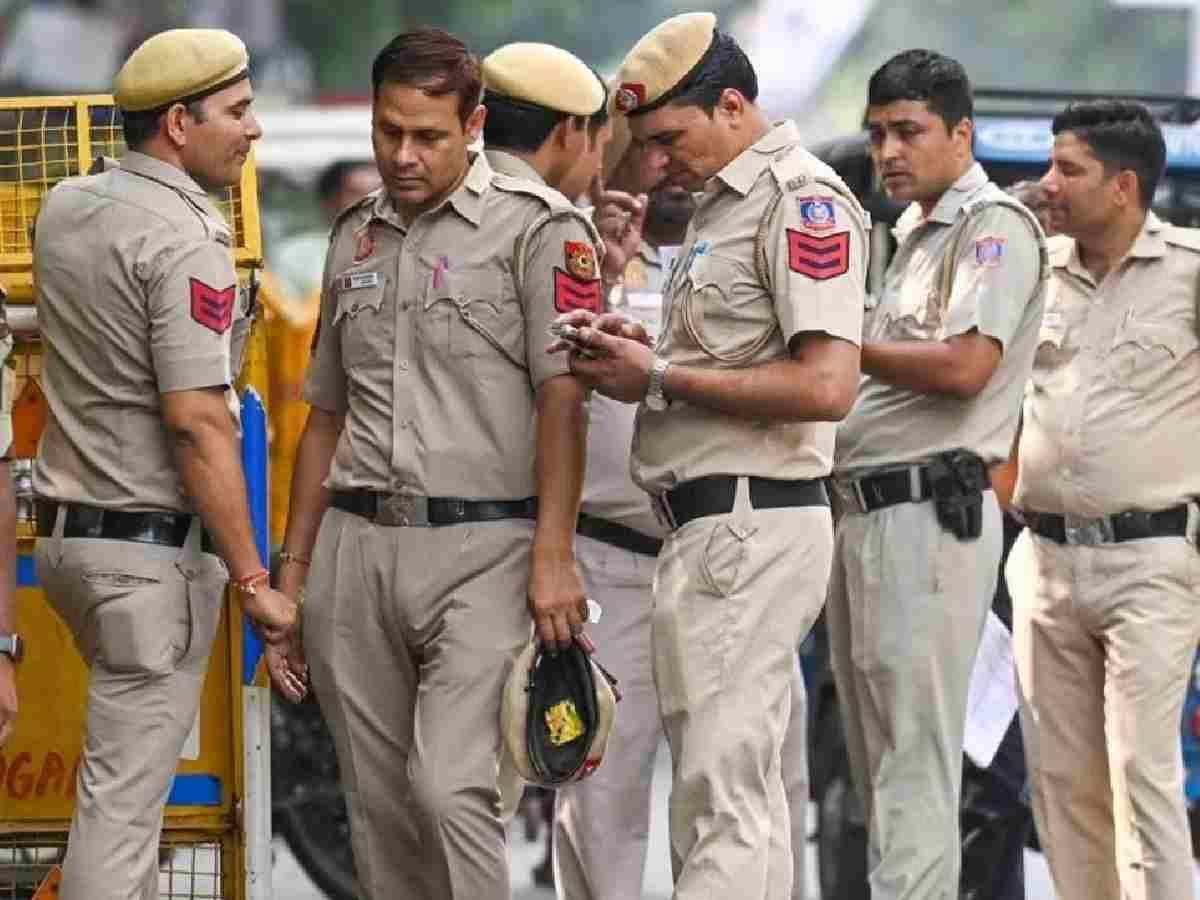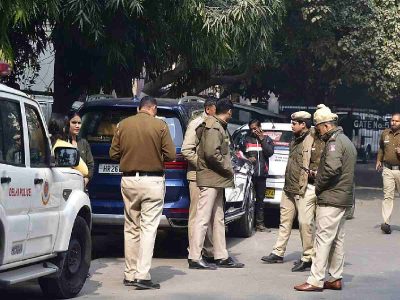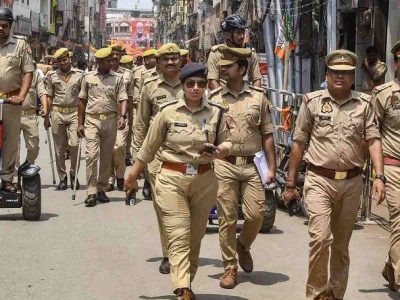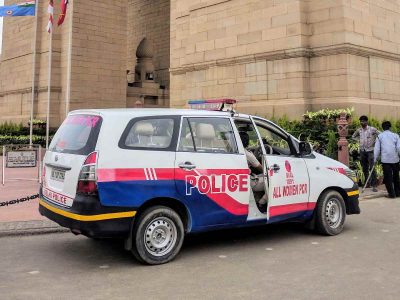On April 22, a devastating terror attack in Kashmir’s picturesque Pahalgam region claimed the lives of 26 civilians, most of them tourists. The tragedy sent shockwaves across the nation.
In its aftermath, Kashmiris residing in Delhi find themselves gripped by fear and uncertainty. As the country mourns, they too bear the weight of sorrow and anxiety—navigating a distressing time far from home.
‘As if you don’t belong, even in your own country’
Syed Ahmad Rufai, a student at Jamia Millia Islamia, recalled the tense hours following the attack.
“The night following the Pahalgam attack was frightening. I was constantly on the phone with my family,” he told Patriot.
Referring to the backlash often faced by Kashmiris after such incidents, he said, “I don’t understand why Kashmiris are blamed and beaten every time something happens in the valley.”
He added, “The mental pressure surmounts and affects every activity of yours. Even attending classes or focusing on assignments becomes a struggle. There’s a constant sense of fear and isolation—as if you don’t belong, even in your own country.”
‘It’s exhausting to prove that I care’
Nida Nabi (name changed), a Kashmiri journalist based in Delhi, said her everyday experience changed after the Pahalgam attack.
“People look at me differently, as if I was somehow connected to the violence just because I’m a Kashmiri Muslim. Even my editor once said, ‘These things don’t matter for you, the people who died don’t matter for you,’ as if my grief is less real, as if my pain doesn’t count,” she said.
“I have started avoiding speaking in Kashmiri in public, even when I’m on the phone with my family, because I fear the stares, the assumptions, and the judgment,” she added. “It’s exhausting to defend myself to prove that I care, that I condemn violence as much as anyone else.”
Nida resigned from the organisation after the alleged hostile behaviour by her boss.
‘Their questions turned into accusations’
Munawar Qazi, a young Kashmiri working in Delhi, described a harrowing encounter on April 23.
“On the morning of April 23, everything started off like any other day. Despite receiving calls and messages from friends and family urging me to stay home or work remotely, I pushed on,” he told Patriot over the phone.
“You know how it is—corporate life doesn’t wait for anyone. So, I left for work as usual. As I reached the metro station near my workplace, I called a friend, just having a casual conversation about the situation back home,” he said.
“I didn’t even notice at first, but two men were trailing me—listening. As soon as I ended the call, they closed in. Walking beside me, they began questioning me—where I was from, what I thought about the previous day’s events—all under the pretence of curiosity.”
“At first, it felt almost routine. When you’re Kashmiri, you’re used to being asked these things. But then their tone changed. Their questions turned to accusations. Their stance became threatening.”
Sensing danger, Qazi quickly hailed an auto and left. “But it wasn’t the end. They followed me—this time on a bike. My heart raced. I directed the auto to a nearby café, somewhere public, and immediately called my colleagues to let them know what was happening.”
“They waited outside, trying to intimidate me into coming out,” he added. “I contacted the police. And thankfully, just as they arrived, the two men sped off.”
‘I resigned… I’m now returning home’
Fiza Rather (name changed), a journalist working in Delhi, said Kashmiri students and professionals have been unfairly targeted across India since the attack.
“I’ve been living in Delhi for over a year, working with a reputed media organisation. But the hostile stares and unspoken accusations in my own newsroom after the incident broke me,” she said.
“I resigned, and the mental toll has been immense. I’m now returning home not by choice, but by circumstance. It’s deeply unfortunate that Kashmir lacks job opportunities, forcing us to leave our homes. If we had dignified work and fair wages in our own land, who would choose to face such alienation elsewhere?”
She added, “It is high time media organisations step up and hire Kashmiri journalists in Kashmir because in times of uncertainty, we shouldn’t have to choose between safety and survival.”
‘Are we not Indians?’
Samar Baba (name changed), a postgraduate student at Delhi University, was at his university when the news of the attack broke.
“My phone started ringing—it was my mother. She was crying, panicking. She was begging me to come back as she feared I would be beaten. I tried to calm her down, but she wouldn’t listen. Eventually, I managed to reassure her,” Baba said.
Later that day, while returning to his flat, he was speaking in Kashmiri with a friend on the phone. “A group of youth nearby overheard me. One of them said, ‘He’s a Kashmiri. They’re killing our brothers,’ and began hurling abuses at me,” he recounted.
“Suddenly, he slapped me and tore my shirt. The others joined in—four of them—punching and kicking me,” Baba claimed. “These Kashmiris are terrorists!” they shouted.
A woman passing by saw the assault and intervened. “If she hadn’t stepped in, I honestly don’t think I would be alive today,” he said.
“I never told my family about it. They wouldn’t have been able to bear it. Even now, I try to hide the trauma I carry. I still get anxious when someone looks at me differently or when I speak in Kashmiri in public. I fear it could happen again.”
Baba’s voice trembled as he added, “Are we not Indians? If something untoward happens somewhere, why are Kashmiris harassed in their own country? Why do we always have to prove our loyalty?”
He paused before saying softly, “It’s not just the bruises on your skin that hurt—it’s the fear that settles in your soul, the constant anxiety of being othered. That kind of pain doesn’t go away.”
‘I returned home until the situation improves’
Adil Hussain Dar, a shawl seller from Pulwama, allegedly faced discrimination after the attack.
“I was shocked to see that they weren’t purchasing from me. The environment is such that they look at you differently,” he said.
“I had good customers in Delhi earlier, but this time I was disappointed by the response. It also caused losses to my business, and I returned home until the situation improves,” Dar added.
‘My parents asked me to come back’
Sabila Manzoor, a resident of Srinagar who had been working at a corporate firm in Gurgaon, said she left Delhi a few days ago.
“After the Pahalgam attack, it became a panicky situation—my parents asked me to come back. So, I returned to Kashmir and left the job,” she said.
‘Why are Aadhaar details being collected?’
Delhi University recently directed its departments and affiliated colleges to collect personal data from students hailing from Jammu and Kashmir, including their Aadhaar numbers and current residential addresses in Delhi.
The move has unsettled many Kashmiri students, who are apprehensive about how the data might be used.
“We were already living with a sense of vulnerability. The collection of Aadhaar numbers and addresses without any clear explanation only adds to our anxiety,” said Hashim Ahmad, a student.
Later, the Jammu & Kashmir Students Association wrote to the Union Home Minister seeking withdrawal of what they called a discriminatory circular.





